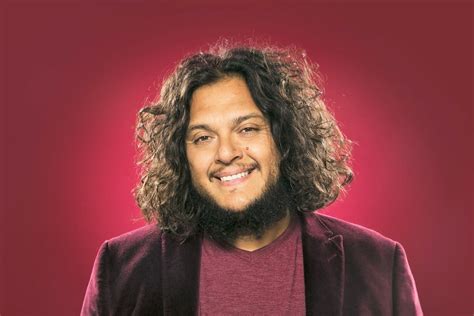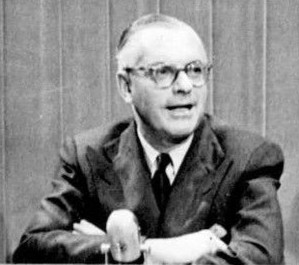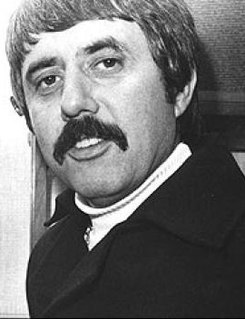A Quote by Zach Ertz
I had a stutter when I was a young. I went to speech therapy.
Related Quotes
I grew up with an absolutely horrible, debilitating stutter, and it was what caused me to retreat into myself and caused me to have very few friends and not want to socialize, and it made me absolutely terrified of giving reports in school. It was awful. It wasn't until I was 19 that I had intensive speech therapy. I had it for two years and it really helped, though I will say when I'm tired, the stutter comes out, even now.
They tell about a fifteen-year-old boy in an orphans' home who had an incurable stutter. One Sunday the minister was detained and the boy volunteered to say the prayer in his stead. He did it perfectly, too, without a single stutter. Later he explained, "I don't stutter when I talk to God. He loves me."
The pack includes analysis and summary forms as well as very explicit links between assessment and individualised intervention...these materials are often lacking in published therapy programmes and are especially helpful...the pack provides very clear guidelines...overall it will be a very significant addition to speech and language therapy practice.






































